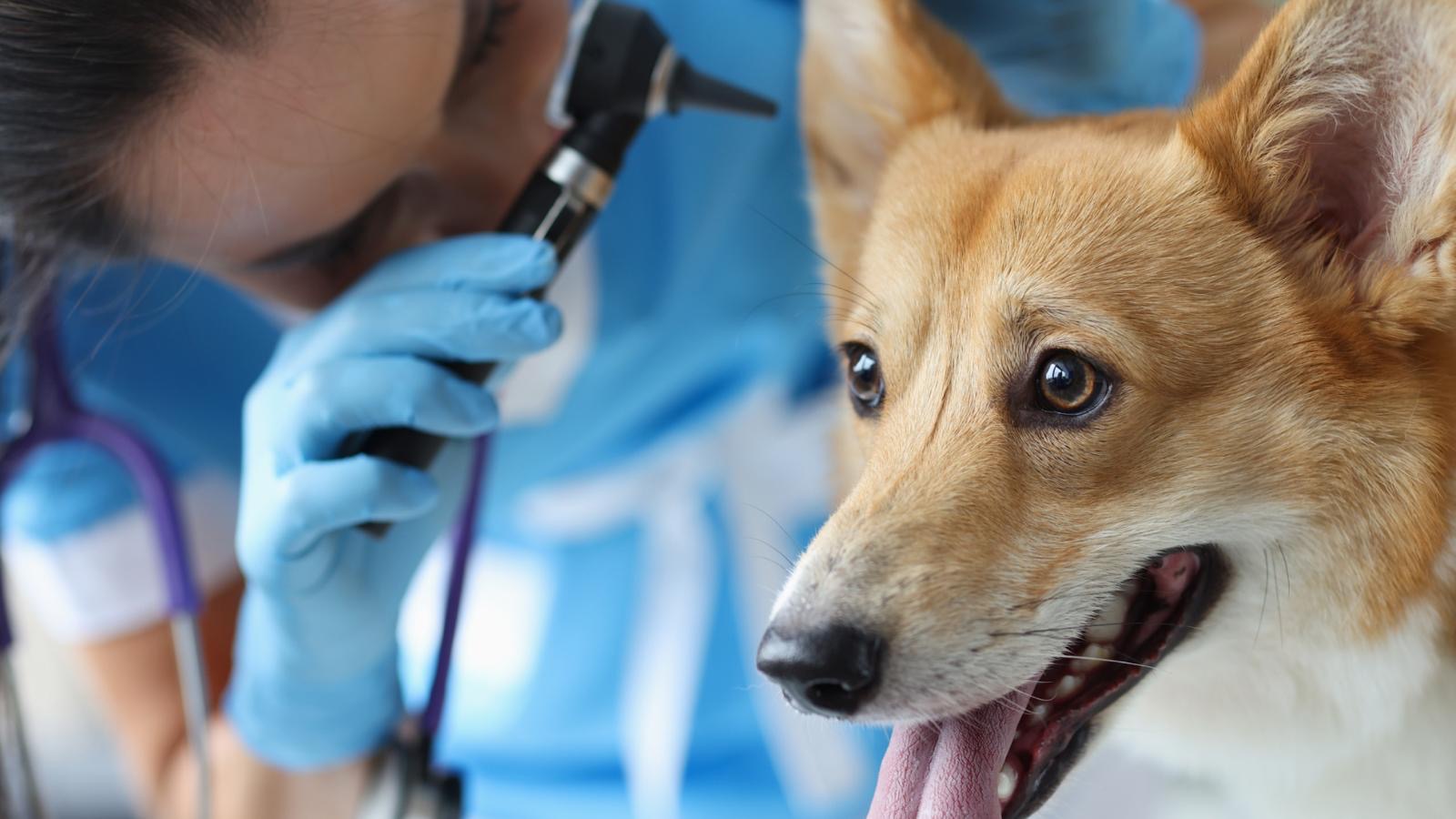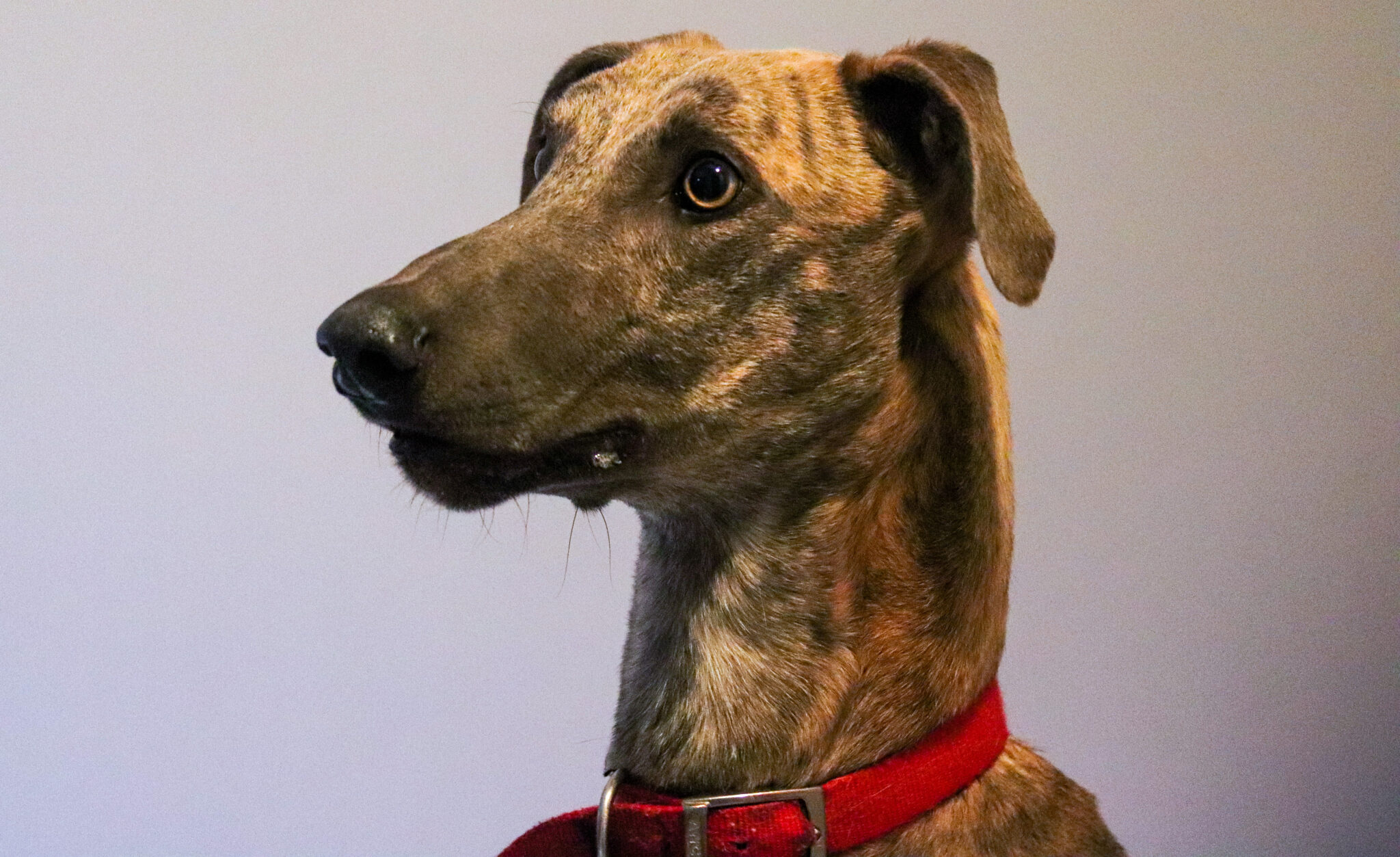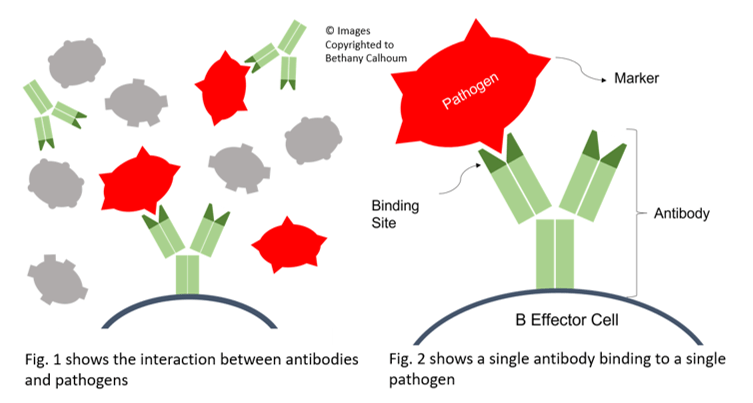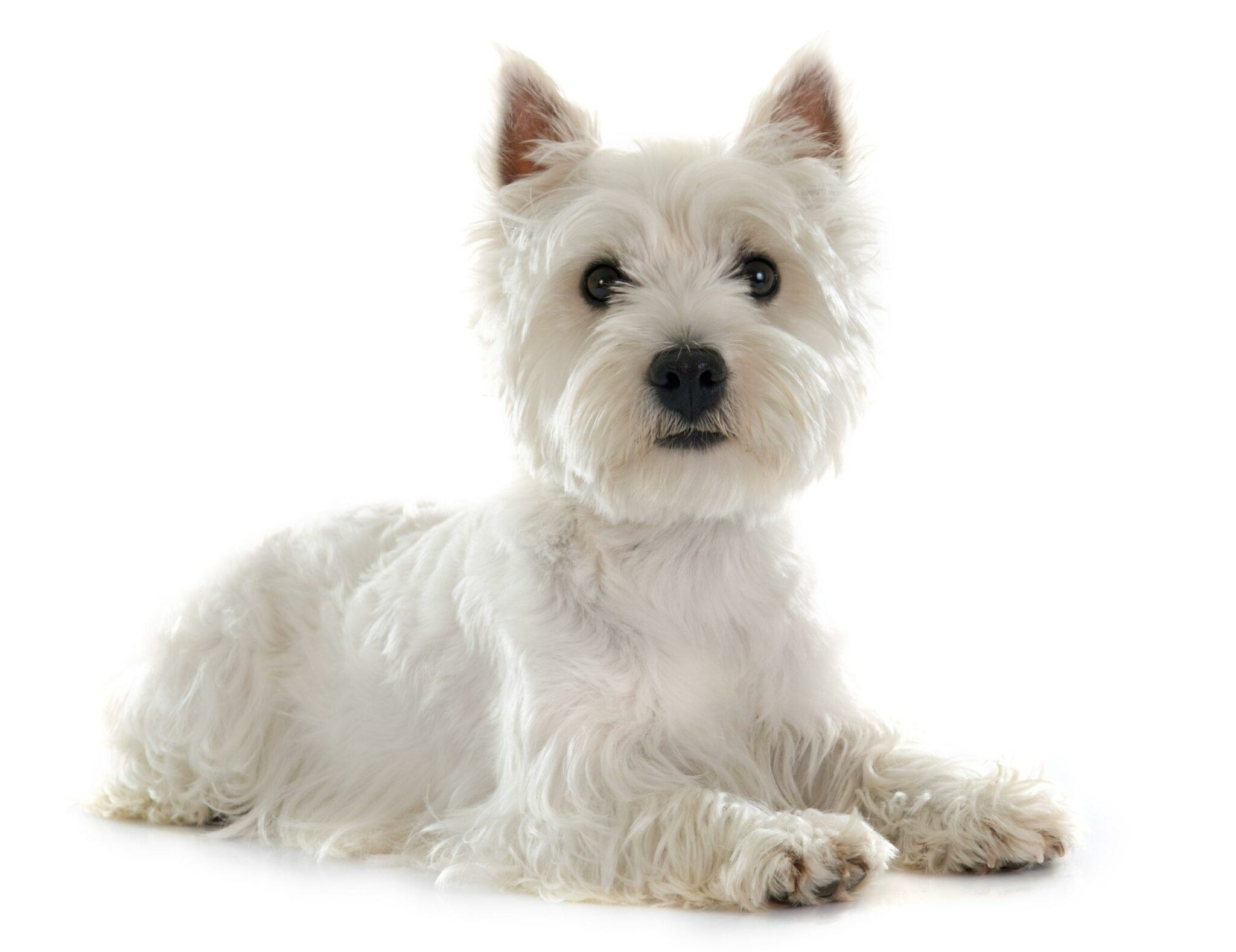
Iodine is an extremely important mineral to include in your dog’s diet. It has many uses in the body and is the backbone of many bodily functions. At My Pet Nutritionist, we understand the importance of micronutrients, and strive to educate pet owners in how to feed their pets with maximum health benefits. Let’s look at what roles iodine plays in the body, and where it can be found.
Iodine is a trace mineral which cannot be made by the body. As it is so important, and cannot be produced by the body, it must be consumed in the diet of all mammals.
Iodine is essential for healthy functioning of the thyroid. The hormones used by the thyroid, thyroxine and triiodothyronine, cannot be made without iodine. These hormones support a healthy metabolism, as well as protein creation and keeping enzymatic functions under control in the body.
Linked to the support of enzymes, an iodine rich diet enables the body to use calorific intake as energy instead of being stored as fat. While doing this, iodine also helps rid the body of harmful heavy metals like Mercury.
Iodine can also aid cancer prevention by causing a process called ‘Apoptosis’ to occur. Apoptosis is the self-destruction of cancerous cells.
Acting as an antioxidant stimulator is another of iodine’s roles in the body, and in turn helps keep the immune system strong.
If we compare canines to humans with regards to iodine turnover in the thyroid, the turnover of iodine in the canine is far more rapid than that in the human. Dogs are not as good at conserving iodine stores as humans are, and also deposit more in faecal waste, making iodine consumption extremely important.
Iodine is found in the highest amounts in sea dwelling vegetation, and animal based proteins. The amount of iodine in different sea vegetable based supplements varies, so it’s important to choose one with a good amount of iodine, but not too high an amount.
Low Fat Fish
There are numerous health issues caused by a lack of sufficient amounts of iodine in the diet. Let’s explore those.
Hypothyroidism is caused by a deficiency of the thyroid hormones, which is caused by a deficiency of iodine in the diet. Iodine is a huge part of the synthesis of thyroxine and triiodothyronine, so with a lack of it, these hormones cannot be produced in the amounts required by the thyroid to avoid hypothyroidism.
Symptoms of hypothyroidism include weight gain due to decreased metabolic rate, difficulty regulating body temperature/warming up, baldness/excess shedding, lethargy, and other skin related issues. One study also suggests a link between hypothyroidism and behavioural changes, but this is an avenue not fully explored yet.
Some commercially prepared diets have been shown to lack the correct amount of iodine a dog needs, vs home cooked with and without suitable iodine supplements added, so no matter what you feed, if any of the symptoms above are present in your dog, you may wish to book a consultation with one of our team. Read more about Hypothyroidism here.
Iodine deficiency seems to stimulate follicular cell-derived thyroid cancer. It may not be the base cause of the cancer itself (known as the ‘initiator’) but certainly stimulates carcinogenesis. Thyroxine therapy is often used in thyroid cancer cases, to suppress the cancer. Studies show carefully supplemented diets with sufficient iodine content result in less serious cases of thyroid cancers.
Studies also show links between cancers of the breast and iodine deficiency. Treating canine mammary cancer with iodine alongside antineoplastic drugs is proven to be very effective.
Goiters are swellings of the thyroid gland, which present clinically as a lump in the throat. Often a direct result of an iodine deficiency, goiters can be rectified by increasing the amount of iodine in the diet. Goiters can also be caused by hypothyroidism, hyperthyroidism, or even thyroid disease, so its important to seek veterinary attention.
The short answer is … yes! There are numerous studies on dogs given too much iodine, and iodine toxicity is a condition to be mindful of. At My Pet Nutritionist, of course we recommend a well balanced fresh diet, whether that is raw or cooked, as per our recipes, however if you are feeding a commercially prepared dry food, be mindful that the food may either lack, have the correct amount of, or even exceed the required amount of iodine for your dog; we just don’t know!
Hyperthyroidism is a risk when the dog has too much iodine in the diet. Symptoms of hyperthyroidism include weight loss due to a vast increase in metabolic rate, swelling of the neck/thyroid gland, excessive urination, excessive thirst, excessive defecation, and choking/vomiting.
Read more about Hyperthyroidism here.
If you have any worries about your pet’s diet, or want to improve their diet, please don’t hesitate to book a consultation with one of our team!
Team MPN x







